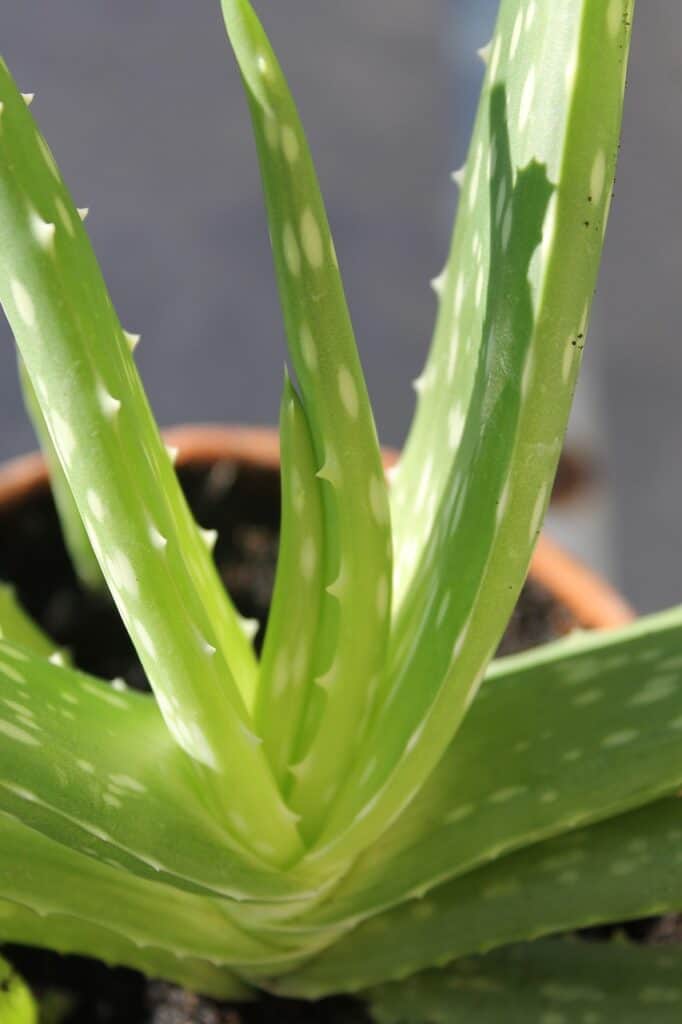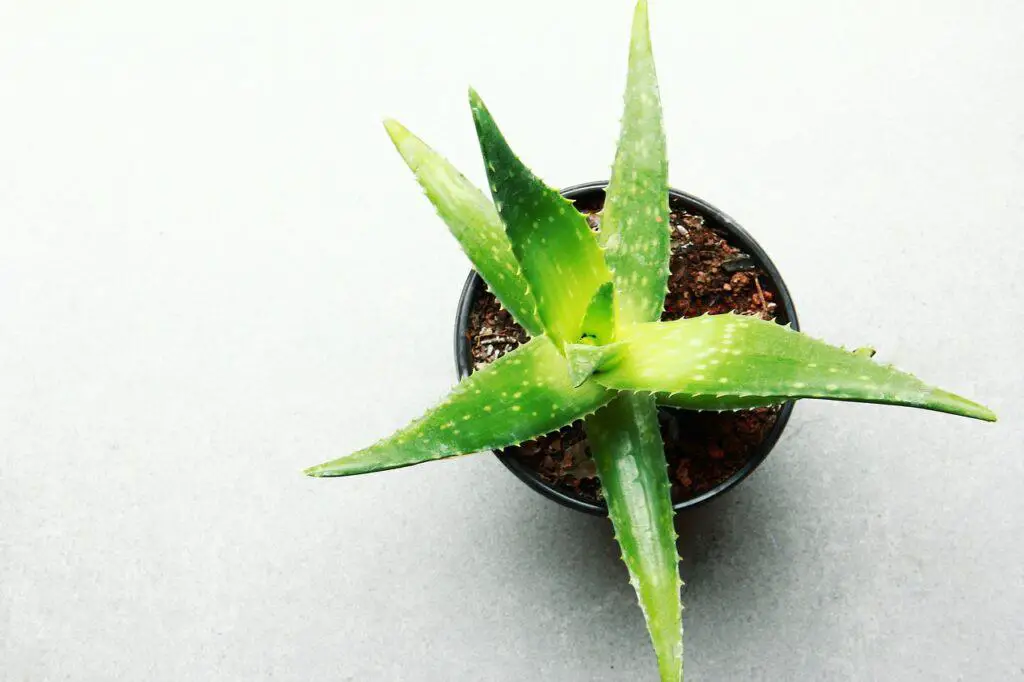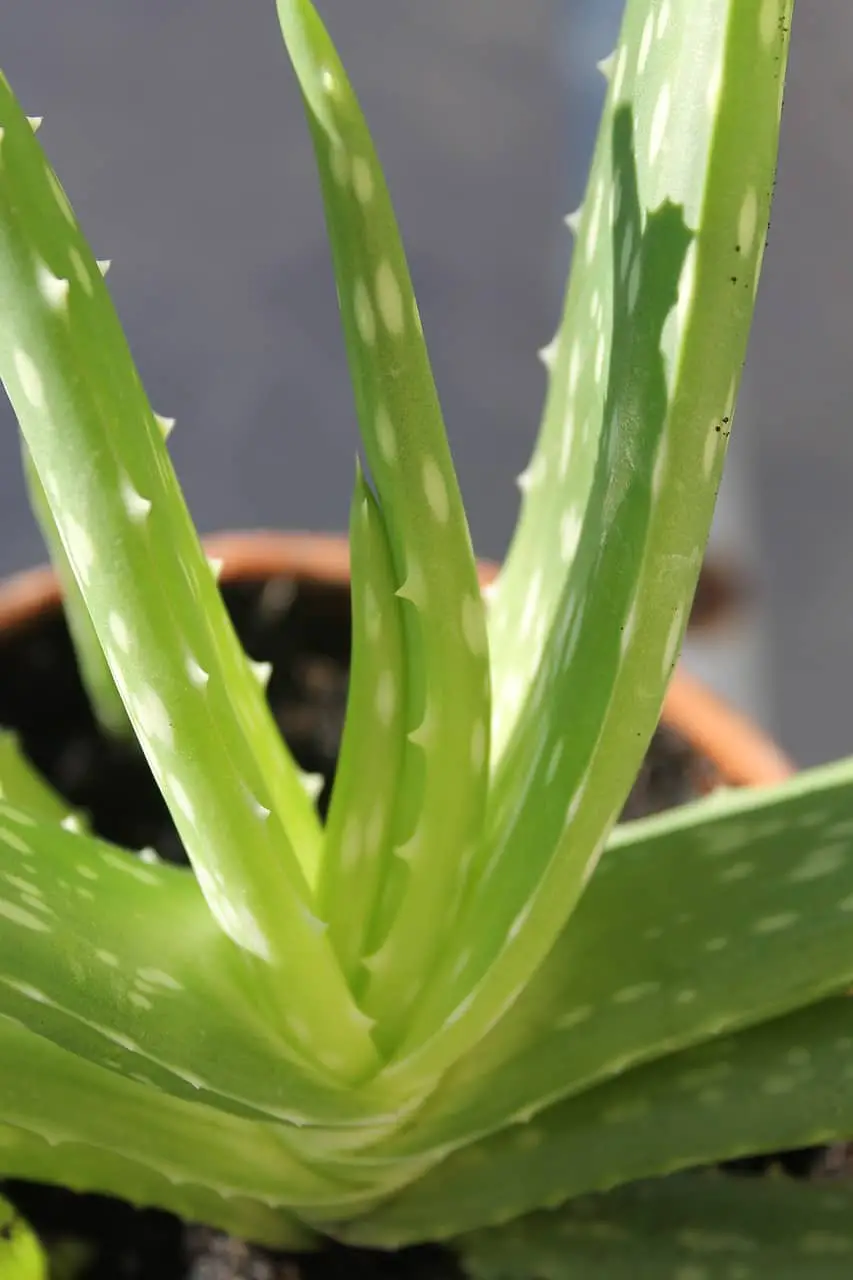Aloe vera, renowned for its versatile uses and soothing properties, sometimes surprises enthusiasts with an unexpected twist – a scent reminiscent of onions. Delving into the intriguing phenomenon of aloe vera smelling like onions unveils interesting insights and practical considerations for those navigating this aromatic conundrum.
Aloe vera, a resilient succulent with thick, fleshy leaves, is a plant revered for its medicinal and cosmetic benefits. Originating from arid regions, this green gem contains a gel rich in vitamins, minerals, and antioxidants. Renowned for its soothing properties, aloe vera offers relief for sunburns, skin irritations, and wounds. Beyond skincare, the plant’s adaptability makes it an easy-to-care-for addition to gardens or indoor spaces. With a history steeped in traditional medicine and a contemporary presence in various products, aloe vera stands as a versatile and beneficial botanical ally.
Aloe Vera Smells Like Onion: Unveiling the Phenomenon
The distinctive scent of aloe vera is typically associated with a fresh, herbal aroma. However, some individuals encounter a surprising twist – the unmistakable fragrance of onions. This occurrence, while not widespread, prompts curiosity about the factors influencing aloe vera’s scent. The root cause lies in the presence of sulfur compounds within the plant. These compounds, which contribute to the characteristic aroma of onions, can become more pronounced in certain aloe vera varieties or under specific growing conditions.

Can I Use Smelly Aloe Vera?
The olfactory challenge of onion-scented aloe vera raises questions about its usability. Despite the unusual fragrance, smelly aloe vera remains perfectly safe and effective for external applications. The sulfur compounds responsible for the onion scent do not compromise the plant’s therapeutic properties. Therefore, using onion-scented aloe vera gel for skincare, sunburn relief, or wound healing is both safe and beneficial. However, individuals sensitive to strong odors may prefer alternative aloe vera varieties with milder scents.
Why Does My Aloe Plant Smell Like Onions?
Understanding why your aloe plant emits an onion-like fragrance involves considering various factors. Aloe vera’s scent can be influenced by environmental conditions, such as soil composition, sunlight exposure, and overall plant health. Certain varieties of aloe vera may naturally produce more sulfur compounds, intensifying the onion scent. Additionally, overwatering or poor drainage can contribute to aloe vera developing a stronger odor. Adjusting environmental factors and ensuring proper care can help mitigate the onion-like smell.

FAQ
Why does my aloe plant smell like chicken noodle soup?
The scent of aloe vera can occasionally be reminiscent of chicken noodle soup. This peculiar aroma may be attributed to specific compounds present in the plant, influenced by growing conditions or genetics. While unusual, it does not affect the plant’s usability or safety.
Can I use onion-scented aloe vera for cooking?
While onion-scented aloe vera is safe for external use, it is not recommended for culinary purposes. The unique fragrance may not align with the desired flavors in recipes. Opt for traditional aloe vera varieties with milder scents for any potential culinary applications.
Conclusion
In the aromatic realm of aloe vera, the occasional emergence of an onion-like scent adds a layer of intrigue to this beloved plant. While some may find it surprising, the presence of sulfur compounds does not compromise the therapeutic benefits of aloe vera. Whether your aloe vera smells like onions, chicken noodle soup, or exhibits a more typical fragrance, the plant remains a reliable ally for skincare and wellness. Embrace the uniqueness of each variety, adjust care practices as needed, and enjoy the multifaceted wonders of aloe vera in its various aromatic expressions.

